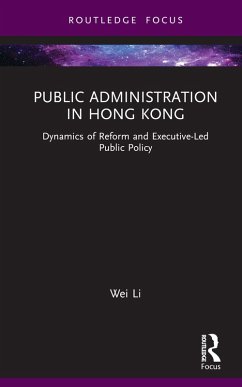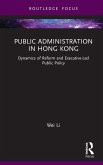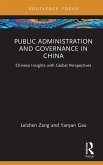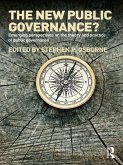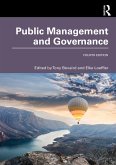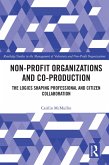The book tests its hypotheses through a qualitative comparative analysis of 18 cases occurring during the period of 1997-2012. It also conducts a comparative case analysis, which identified alternative causal conditions that were missing in the original framework. The book concludes that civil servants no longer dominate policymaking in Hong Kong after the regime change and structural reforms. While senior civil servants have sustained influence over policymaking processes through codified rules and political appointment, some of them have adapted to the changes in political environment that require more proactive policy styles and more hierarchical loyalty to the Central People's Government of China than before.
The first-hand interview materials presented in the book provide insights about internal political-administrative dynamics rarely accessible from the public domain. These insights provide inside knowledge of the actors, structure and processes of local policymaking in a context of post-colonial transition, and will be of interest to public administration scholars.
Dieser Download kann aus rechtlichen Gründen nur mit Rechnungsadresse in A, B, BG, CY, CZ, D, DK, EW, E, FIN, F, GR, HR, H, IRL, I, LT, L, LR, M, NL, PL, P, R, S, SLO, SK ausgeliefert werden.

